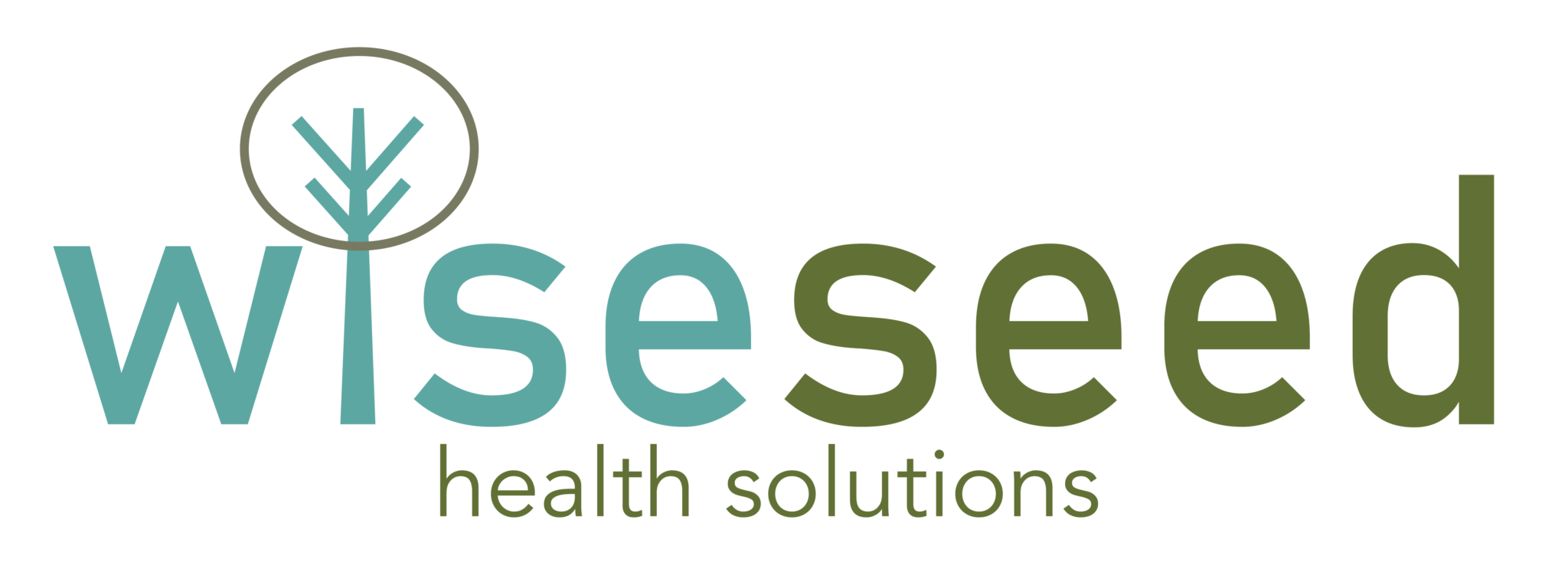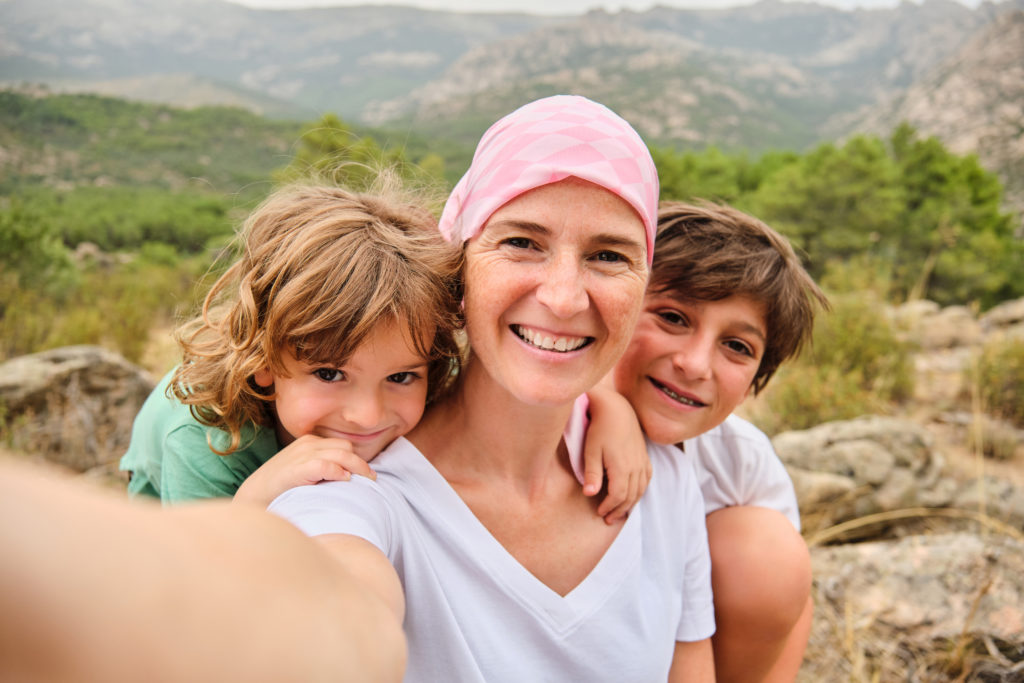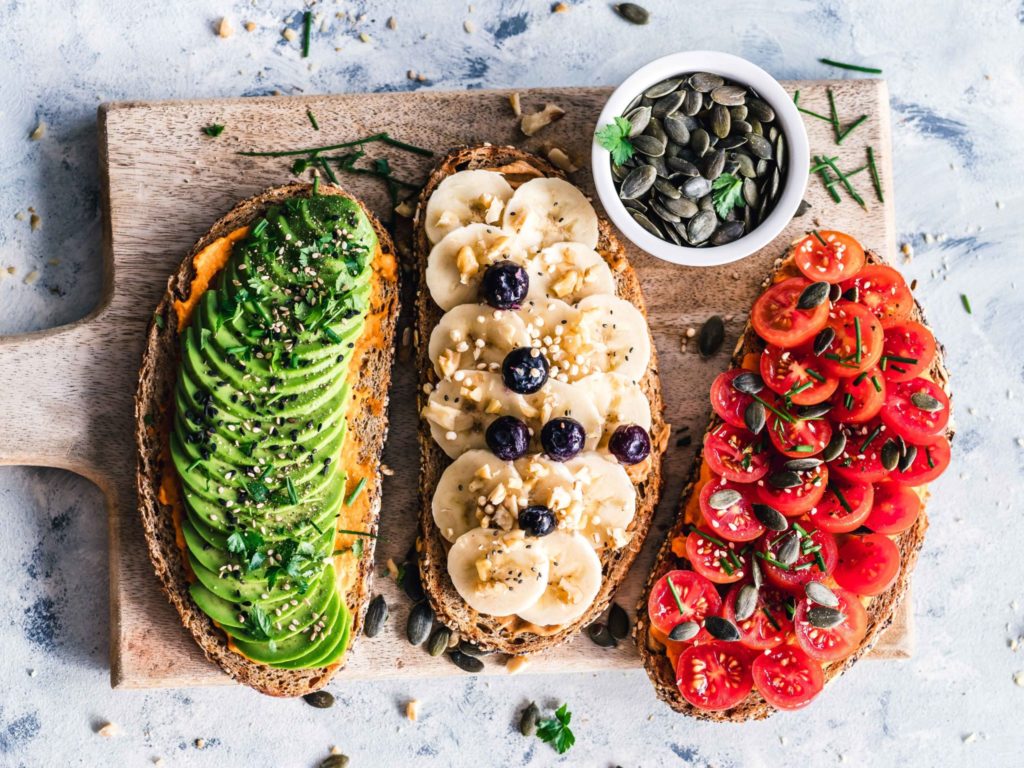The Body Domain of Everyday Resilience

A quick recap on everyday resilience
In today’s post, we focus on the Body domain and how it contributes to your everyday resilience.
In an earlier post, we provided an overview of the Everyday Resilience Framework that we use here at Wise Seed. In that post, we had two key messages:
One: developing and maintaining everyday resilience is for everyone.
Two: everyday resilience isn’t the product of any single element – it’s instead about the cumulative effects brought about by the interaction of five domains: Body, Community, Purpose, Mind, and Spirit.
In the weeks ahead, we’ll summarise each of the five domains and focus on the evidence-based practices you need to develop within each of them to build everyday resilience.
We know that five domains sound like a lot to keep track of! But it’s OK – we’ll help by keeping things simple and identify things that you can do every day. We’ll also include infographics that show how the different domains interact to mutually support and boost each other. This way, you can see how holistic resilience is developed by undertaking practices which – at first – might not seem related to one another.
Today’s domain: Body
As a generalisation, good physical health supports the positive function of all the other resilience domains. This isn’t exactly news – remember the old saying ‘A healthy body is a healthy mind’? This ancient wisdom acknowledges the relationship between Body and Mind. But there are further implications to consider.
First, being physically healthy also affects your mood (1), reflecting its relationship with Spirit
Second, being physically fit also supports your self-confidence (2), enabling you to have more positive interactions with your Community
Three practices that help the Body domain contribute to everyday resilience
There are three basic practices in the Body domain that you can do to build your envelope of resilience:
1 Sleep discipline
2 Diet
3 Exercise
Admittedly, we aren’t offering a semi-mystical short-cut health hack – that’s because we focus on the peer-reviewed evidence base in developing our approach to building resilience. We’ll further unpack each of the three practices in depth in future blogs, but a quick summary of these and how they interact to support the Body domain follows:
Sleep Discipline
Alongside the disciplined practice of regular exercise, we have come to equally respect the importance of good sleep discipline.

Quality sleep is a foundational biological need that all humans, and indeed all complex animals, must obtain for optimal health (3). We’ve all heard the stories of high performers getting by on four hours sleep a night (or less), or those that claim to only need to sleep three nights a week. If these accounts are true – great for them! However, we are talking about the adoption of a resilience framework for everyday people, and it’s very clear that most people need between 7 and 9 hours of sleep per night to engage in optimum daily performance (4).
The importance of getting adequate sleep and the contribution of a good night’s sleep to overall resilience is well-established (5). If you don’t get enough sleep, your physical health declines (6), your mental performance degrades (7), you become more emotional (8), and your relationships suffer as your interpersonal skills degenerate (9).
When you become fatigued, you can also orientate to eating fast foods and high-sugar/high-fat foods that are not good for you (10), and you can become less disciplined in your dietary approach (11). When you consider all these impacts, it’s hard to find a faster way to drain your resilience away than not getting enough sleep.
You’ll note that we’ve called this one ‘sleep discipline’. In our ‘always on’ culture its continually tempting to de-prioritise sleep and stay up late to watch shows, indulge in social media, or play computer games. Being disciplined in switching off and prioritising your sleep is very hard to do. Still, if you manage your sleep well, it prevents your overall Body domain from degenerating and eroding your other resilience domains.
Diet

Don’t panic! We know that there are millions of web sites on the internet with diet advice, meal plans, and their own views of what, when, why, and how you should eat. We don’t want to add to that debate in this post, but we want to highlight that your overall potential for resilience is reduced if you have an unhealthy diet and don’t eat well.
Sandrine, Angus, and I follow very different diets, but the general dietary principles that we share and advocate for other adults are:
– don’t overeat
– eat a balanced diet
– avoid fast food
– minimise sugar
– undertake intermittent fasting
We encourage you to explore what evidence-based diet works for you, noting that having a healthy diet is just as important as getting enough sleep. A poor diet can reduce your sleep quality (12), undermine your exercise performance (13), and reduce your energy available for exercise (14). As we’ll explore later, it also has implications for the Mind domain and your overall cognitive performance.
Exercise
Everybody tells you that you need to exercise regularly to maintain good health – no newsflash there! We are firm believers in the value of regular and disciplined exercise, and you’ll see that the Wise Seed blog focuses on helping everyday people understand how they can exercise safely and consistently with evidence-based practice. Exercising makes you more physically robust and better able to handle physical stressors, better engage in physical adversity, and experience better sleep patterns (15). More broadly, exercise also has implications for the Mind domain in that it contributes to better cognitive performance (16). At the same time, exercise is also linked to the creation of positive emotional states (17) (with implications for the Spirit domain).
Conclusion
You need to intentionally develop and maintain your Body domain to ensure that it mutually reinforces your other four resilience domains. In ensuring that your body can best contribute to your overall everyday resilience, you need to:
– have good sleep discipline and treat sleep not as an inconvenience, but as a biological need that you need to manage and optimise
– have a well-balanced, evidence-based, diet that is based on sound principles
– exercise regularly and vigorously – yes, we know that you hear this all the time, but that’s because it’s such a powerful truth for every stage of our lifespan
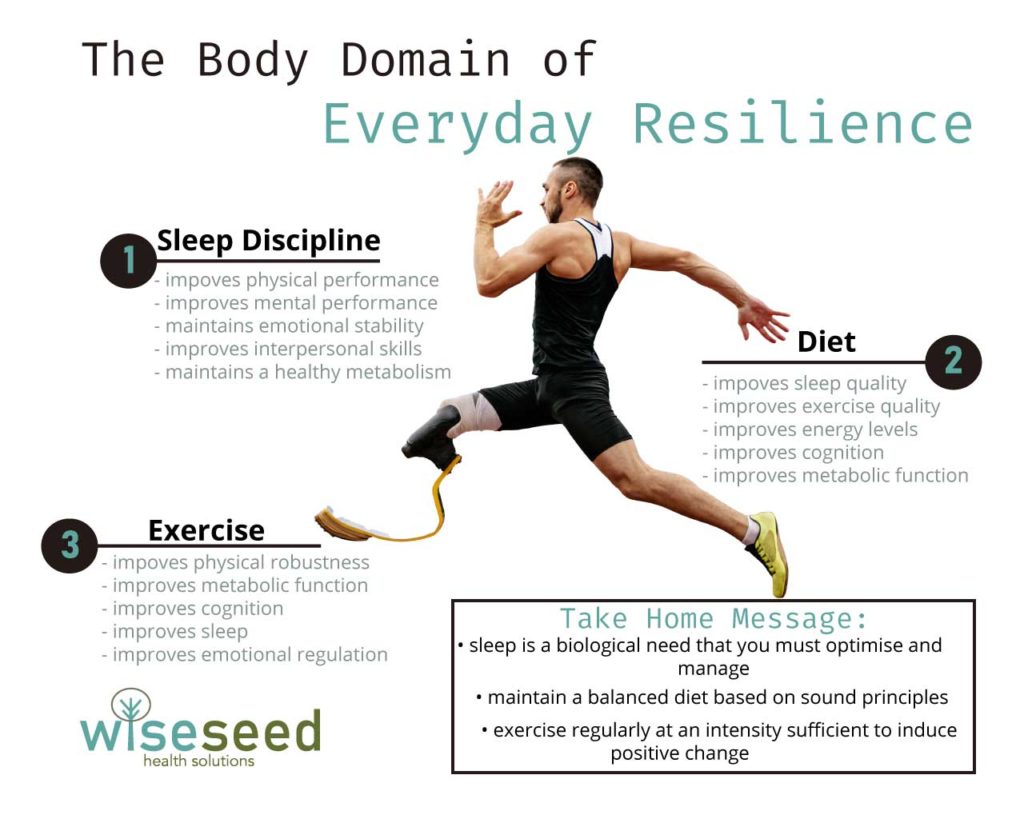
References and Further Reading
(1) Chan, J. et al. Special Issue – Therapeutic Benefits of Physical Activity for Mood: A Systematic Review on the Effects of Exercise Intensity, Duration, and Modality. The Journal of Psychology, 153(1), 102-125 (2019).
(2) Baikoglu, et al. Analysing the Effects of an 8-Week Exercise Program Applied to Sedentary Individuals on Body Composition, Self-Confidence and Social-Physical Anxiety Levels. Journal of Education and Training Studies, 7(8), 73-78 (2019).
(3) Buch, R. & Fraunhofer, J. The Need for Sleep and Relaxation. Dental Science, 18(12), 1-8 (2019).
(4) Ibid.
(5) Verster, J. C. et al. Insomnia And Stress: Associations With Mental Resilience And Mood. Sleep, 41, (2018).
(6) Bayon, V. et al. Sleep debt and obesity, Annals of Medicine, 46(5), 264-272 (2014).
(7) Killgore W.D.S., Weber M. (2014) Sleep Deprivation and Cognitive Performance. In: Bianchi M. (eds) Sleep Deprivation and Disease. Springer, New York, NY.
(8) Palmer, C. A. & Alfano, C. A. Sleep and emotion regulation: An organizing, integrative review. Sleep Medicine Reviews, 31, 6-16, (2017).
(9) Nowack, K. Sleep, emotional intelligence, and interpersonal effectiveness: Natural bedfellows. Consulting Psychology Journal: Practice and Research, 69(2), 66–79 (2017).
(10) Chaput, J. P. Sleep patterns, diet quality and energy balance. Physiology and Behaviour, 134, 86-91 (2014)
(11) Ibid.
(12) Ibid.
(13) Witard, O.C., McGlory, C., Hamilton, D.L. et al. Growing older with health and vitality: a nexus of physical activity, exercise and nutrition. Biogerontology, 17, 529–546 (2016).
(14) Chaput, J. P. Sleep patterns, diet quality and energy balance. Physiology and Behaviour, 134, 86-91 (2014).
(15) Kline, C. E. The Bidirectional Relationship Between Exercise and Sleep: Implications for Exercise Adherence and Sleep Improvement. American Journal of Lifestyle Medicine, 8(6), 375–379 (2014).
(16) Chang, Y. Effect of acute aerobic exercise on cognitive performance: Role of cardiovascular fitness. Psychology of Sport and Exercise, 15(5), 464-470 (2014).
(17) Chan, J. et al. Special Issue – Therapeutic Benefits of Physical Activity for Mood: A Systematic Review on the Effects of Exercise. The Journal of Psychology, Volume 153, 2019 – Issue 1
Disclaimer
The material displayed on this website is provided without any guarantees, conditions or warranties as to its accuracy.
Information written and expressed on this website is for education purposes and interest only. It is not intended to replace advice from your medical or healthcare professional.
You are encouraged to make your own health care choices based on your own research and in conjunction with your qualified practitioner.
The information provided on this website is not intended to provide a diagnosis, treatment or cure for any diseases. You should seek medical attention before undertaking any diet, exercise, other health program or other procedure described on this website.
To the fullest extent permitted by law we hereby expressly exclude all warranties and other terms which might otherwise be implied by statute, common law or the law of equity and must not be liable for any damages whatsoever, including but without limitation to any direct, indirect, special, consequential, punitive or incidental damages, or damages for loss of use, profits, data or other intangibles, damage to goodwill or reputation, injury or death, or the cost of procurement of substitute goods and services, arising out of or related to the use, inability to use, performance or failures of this website or any linked sites and any materials or information posted on those sites, irrespective of whether such damages were foreseeable or arise in contract, tort, equity, restitution, by statute, at common law or otherwise.
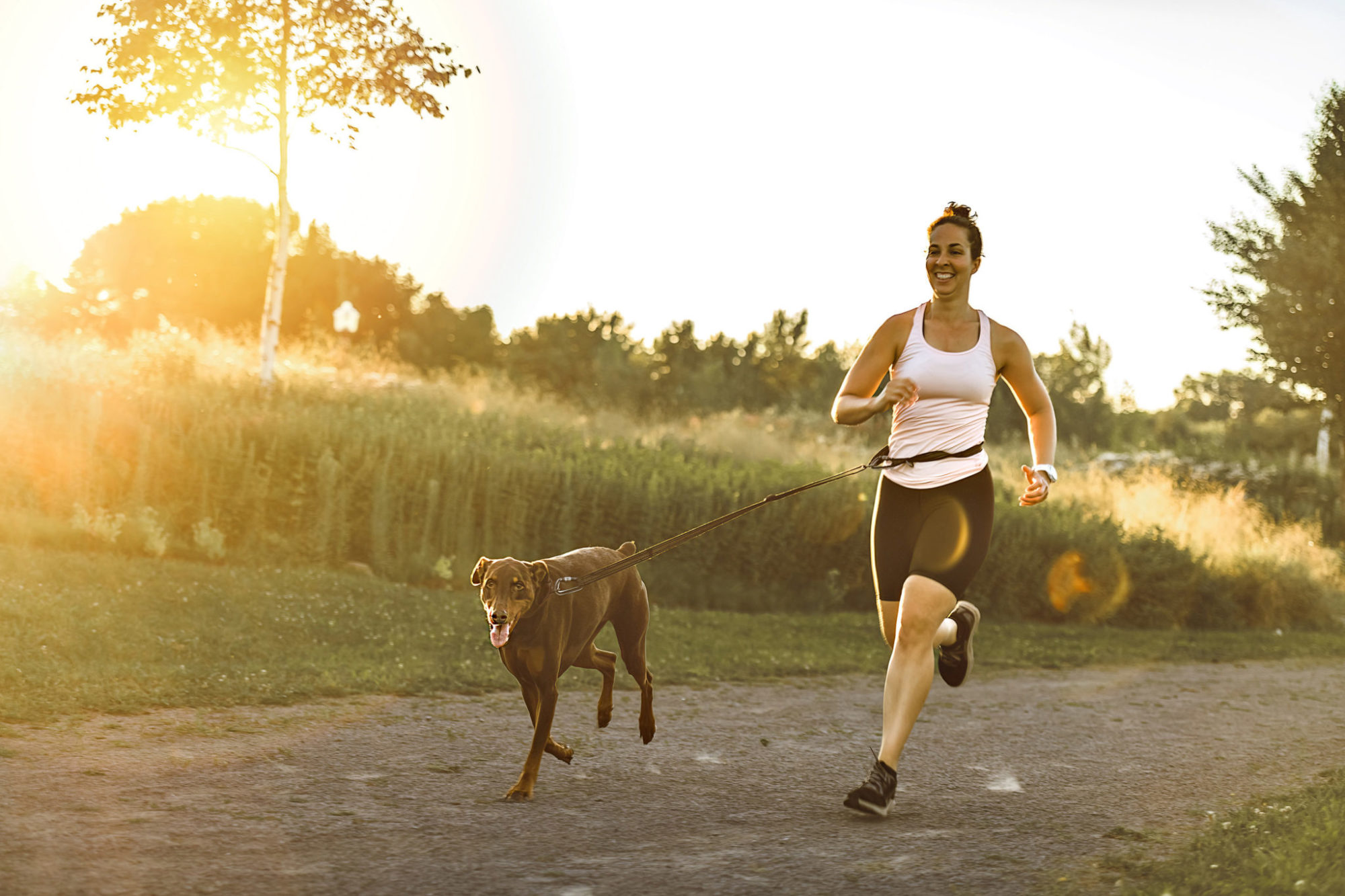
Ten Minutes is All You Need
Research has shown that ten minutes of moderate-to-vigorous exercise performed each day is enough to significantly reduce your risk of early death.

The Role of Probiotics in Cancer Therapy
New bacterial therapies can improve the survival of patients with difficult-to-treat cancers, such as metastatic melanoma.
